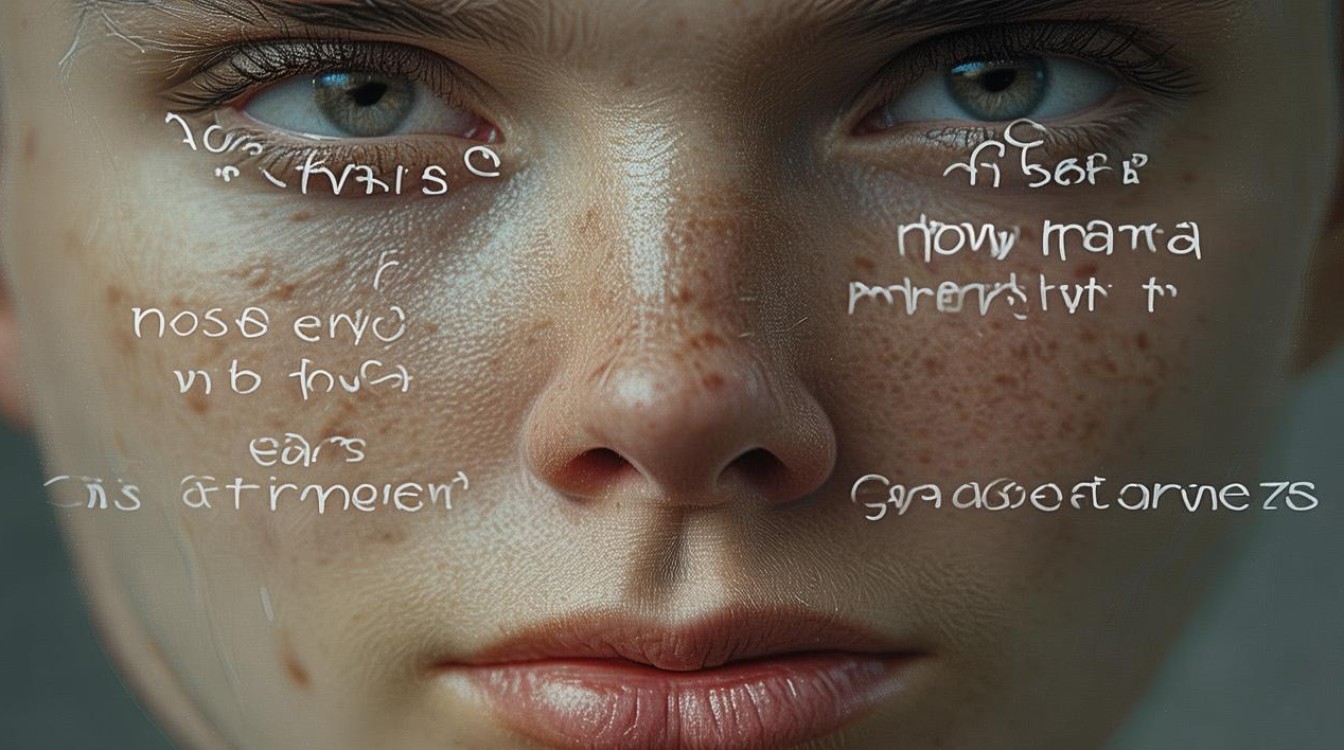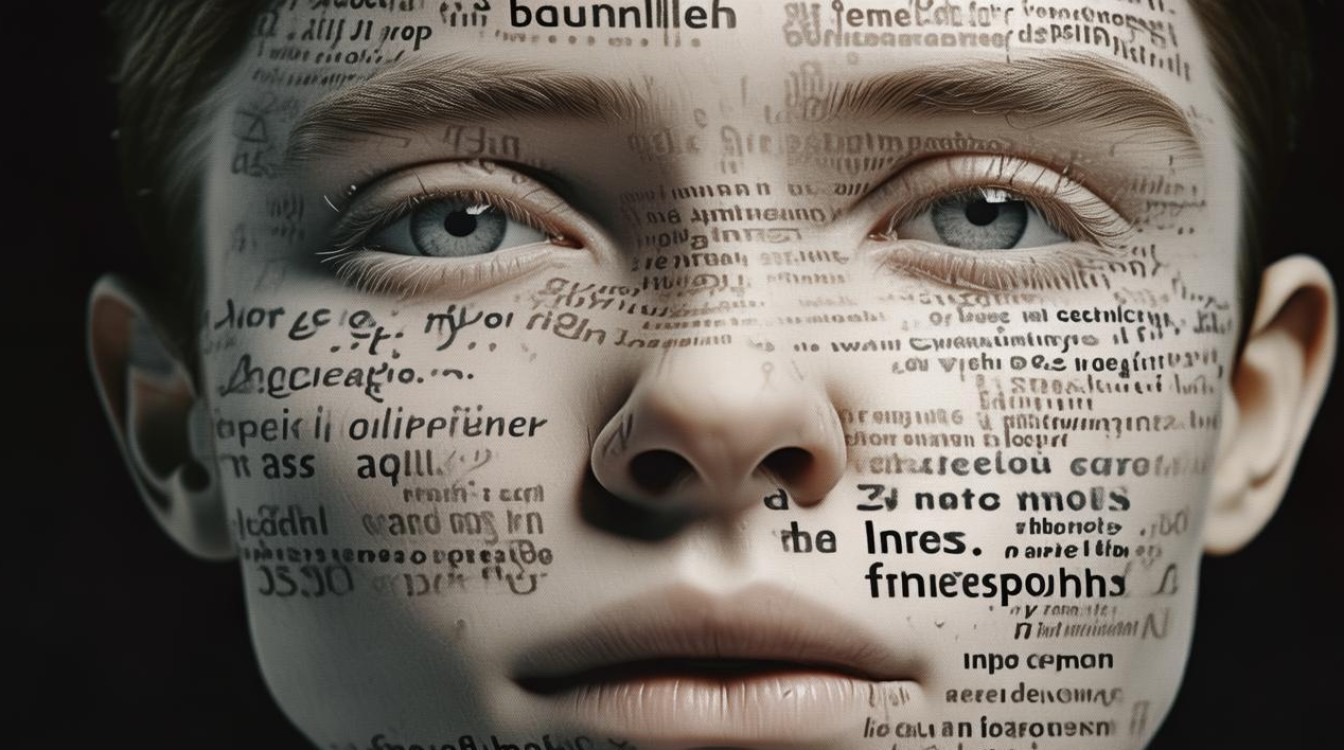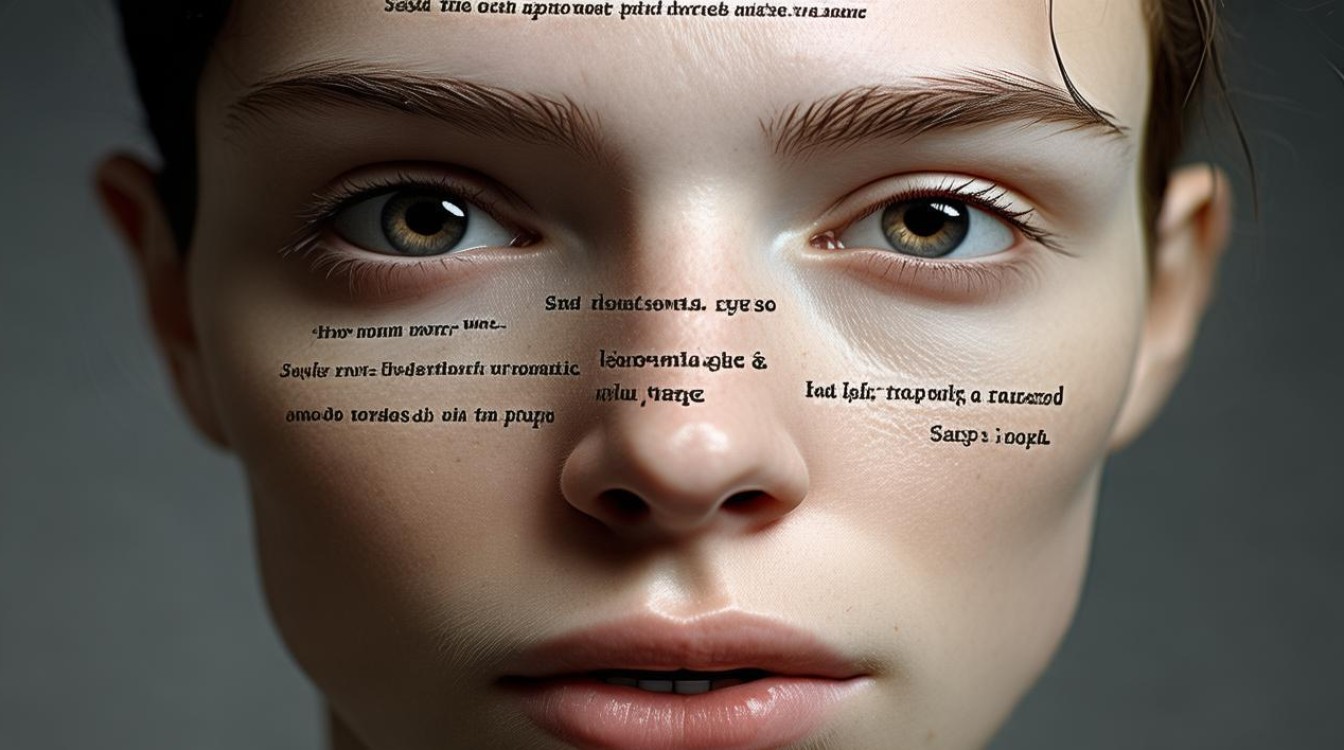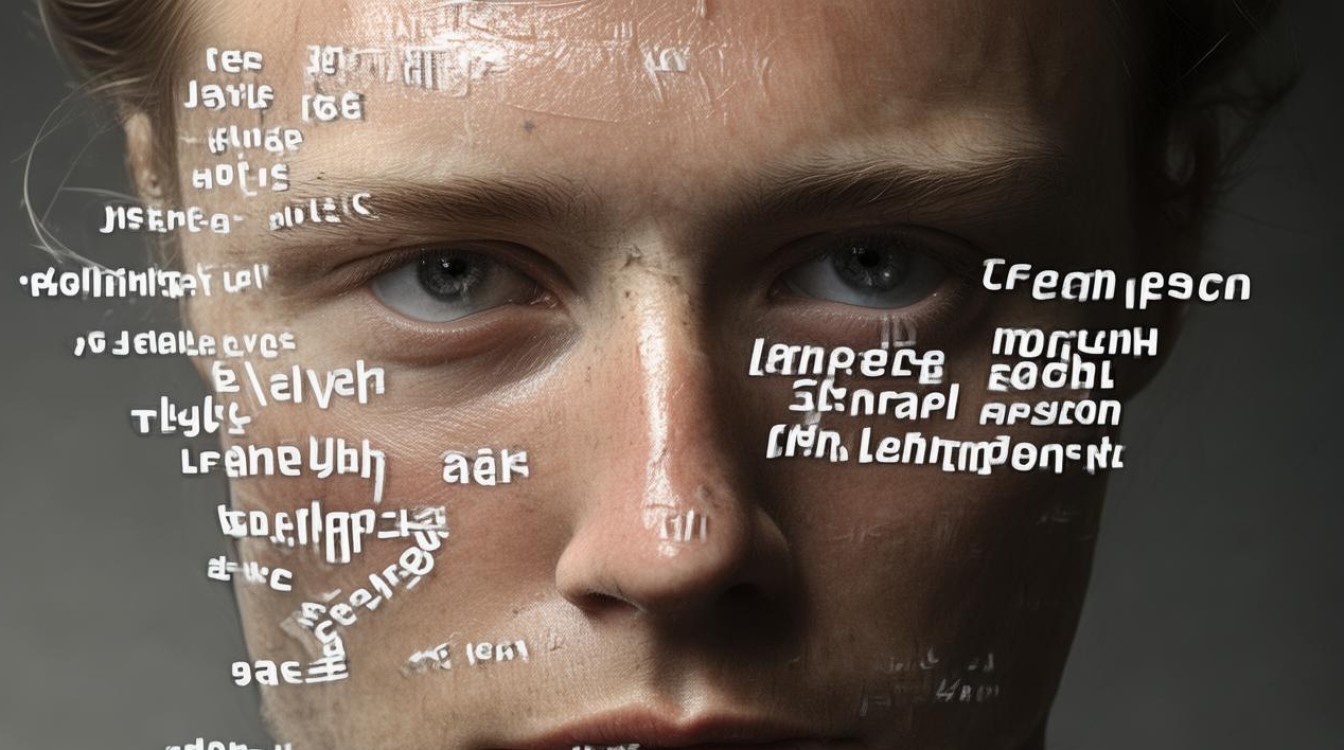人的五官是感知世界的重要工具,也是英语学习中基础且实用的词汇,掌握这些单词不仅能提升日常交流能力,还能帮助理解更复杂的英语表达,本文将详细介绍五官的英语单词、相关短语及常见用法,帮助读者更自然地运用这些词汇。

眼睛(Eye)
“Eye”是“眼睛”的英语单词,复数形式为“eyes”,眼睛不仅是视觉器官,在英语中也常用于比喻表达。
常见短语:
- Keep an eye on(留意):Can you keep an eye on my bag while I go to the restroom?
- See eye to eye(意见一致):We don’t always see eye to eye, but we respect each other.
- Turn a blind eye(视而不见):The manager turned a blind eye to the problem.
例句:
- Her eyes are bright and full of curiosity.(她的眼睛明亮且充满好奇。)
- He has sharp eyes and notices small details.(他眼尖,能注意到细微之处。)
鼻子(Nose)
“Nose”指鼻子,除了嗅觉功能,还常用于描述方向或态度。

常见短语:
- Follow your nose(凭直觉走):Just follow your nose, and you’ll find the café.
- Turn up one’s nose(瞧不起):She turned up her nose at the cheap gift.
- Under someone’s nose(在眼皮底下):The keys were right under my nose the whole time!
例句:
- His nose is sensitive to strong smells.(他的鼻子对浓烈气味很敏感。)
- She wrinkled her nose at the strange odor.(她对奇怪的气味皱起鼻子。)
耳朵(Ear)
“Ear”表示耳朵,复数形式为“ears”,耳朵不仅是听觉器官,也象征倾听能力。
常见短语:
- Play it by ear(随机应变):We don’t have a plan yet; let’s play it by ear.
- Fall on deaf ears(不被听取):His advice fell on deaf ears.
- Lend an ear(倾听):She always lends an ear when I need to talk.
例句:
- He has a good ear for music.(他对音乐很有鉴赏力。)
- The baby’s ears are small and delicate.(婴儿的耳朵小巧精致。)
嘴巴(Mouth)
“Mouth”指嘴巴,复数形式为“mouths”,嘴巴不仅是进食和说话的器官,也常用于表达态度。

常见短语:
- Word of mouth(口口相传):The restaurant became popular by word of mouth.
- Put your foot in your mouth(说错话):I really put my foot in my mouth during the meeting.
- Mouth-watering(令人垂涎的):The dessert looks mouth-watering.
例句:
- She covered her mouth when she laughed.(她笑的时候捂住嘴。)
- His mouth is dry from nervousness.(他紧张得口干。)
脸(Face)
“Face”指脸,复数形式为“faces”,脸不仅是五官的集合,也代表表情和情绪。
常见短语:
- Face the music(承担后果):It’s time to face the music and admit your mistake.
- Save face(保全面子):He apologized to save face.
- Make a face(做鬼脸):The child made a funny face.
例句:
- Her face lit up with joy.(她的脸上洋溢着喜悦。)
- He has a familiar face, but I can’t remember his name.(他的脸很熟悉,但我想不起名字。)
其他相关词汇
除了主要五官,还有一些相关词汇值得学习:

- Eyebrow(眉毛):She raised her eyebrows in surprise.
- Eyelash(睫毛):Her long eyelashes make her eyes stand out.
- Cheek(脸颊):He kissed her on the cheek.
- Chin(下巴):She rested her chin on her hand.
如何记忆五官单词
- 结合动作记忆:比如摸鼻子时说“nose”,指眼睛时说“eye”。
- 使用图片或镜子:对照自己的五官说出英语单词。
- 造句练习:用五官单词造简单句子,如“I wash my face every morning.”
常见错误与纠正
- 错误:He has big eyes.(语法正确,但“big”可能不够准确。)
更自然:He has large, expressive eyes. - 错误:She has a small mouth.(语法正确,但可更生动。)
更自然:Her mouth is petite and often smiles.
掌握五官的英语单词并不难,关键在于多听、多说、多运用,无论是日常对话还是阅读写作,这些词汇都是基础中的基础,希望本文能帮助读者更自信地使用这些单词,让英语表达更流畅自然。


